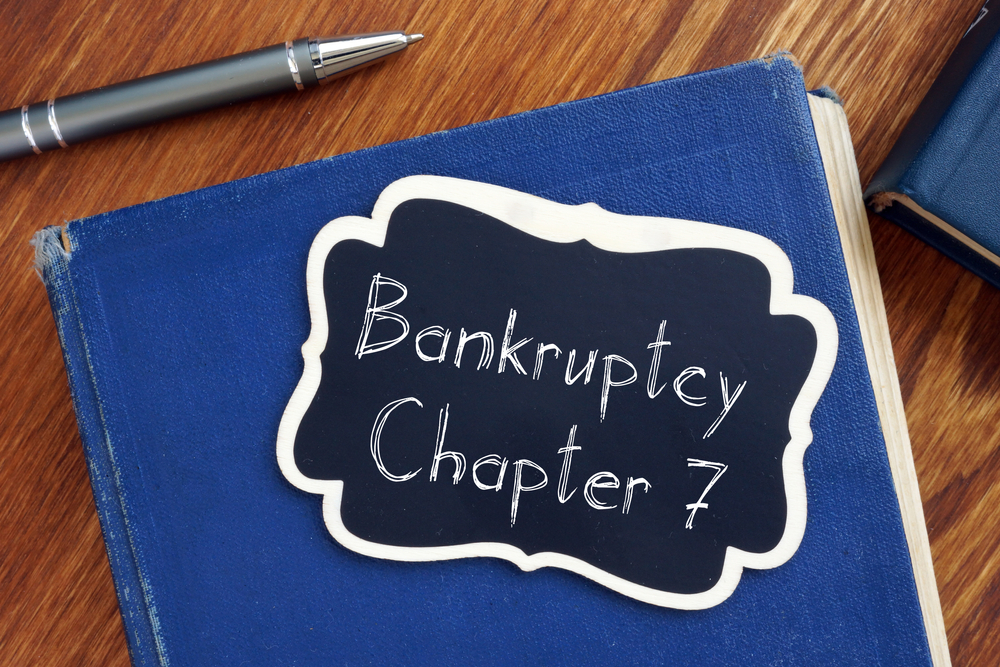
Many people filed their tax returns on or near the July 15th deadline for 2020, so you might have recently received your tax refund or are expecting it any day now. While having extra cash on hand from a tax refund can be nice, for many people, it will not even come close to helping with overwhelming debt. If you are considering bankruptcy for debt relief in the near future, what will happen to your tax return?
Giving Up Assets in Chapter 7 Bankruptcy
Chapter 7 bankruptcy provides the discharge of qualified debts in exchange for certain property and assets. The bankruptcy trustee assigned to your case will seize nonexempt property to liquidate, and the proceeds will go toward priority debts. This goes for certain financial assets, as well. Does this mean that you will need to give up your tax refund if you file for bankruptcy?
Your Options
No exemption specifically protects a tax refund, and many people use the wildcard exemption to protect other property. If you received your tax refund prior to filing for bankruptcy, it is vulnerable. However, you have an important option – to spend the refund on qualified expenditures.
You are allowed to use your refund for necessary expenses, including:
- Housing and utilities
- Food and clothing
- Car payments or repairs
- Education costs
You can also use your refund to pay for the costs of your bankruptcy case, which many people choose to do. Be aware that if you spend your refund on luxury items, they can be seized by the trustee.
Speak with a Bankruptcy Lawyer in Memphis about Your Situation
A Memphis bankruptcy attorney at the Hurst Law Firm, PA, can advise you about your tax refund, as well as every aspect of your bankruptcy case. Call 901.725.1000 or contact us online for a free consultation today.


